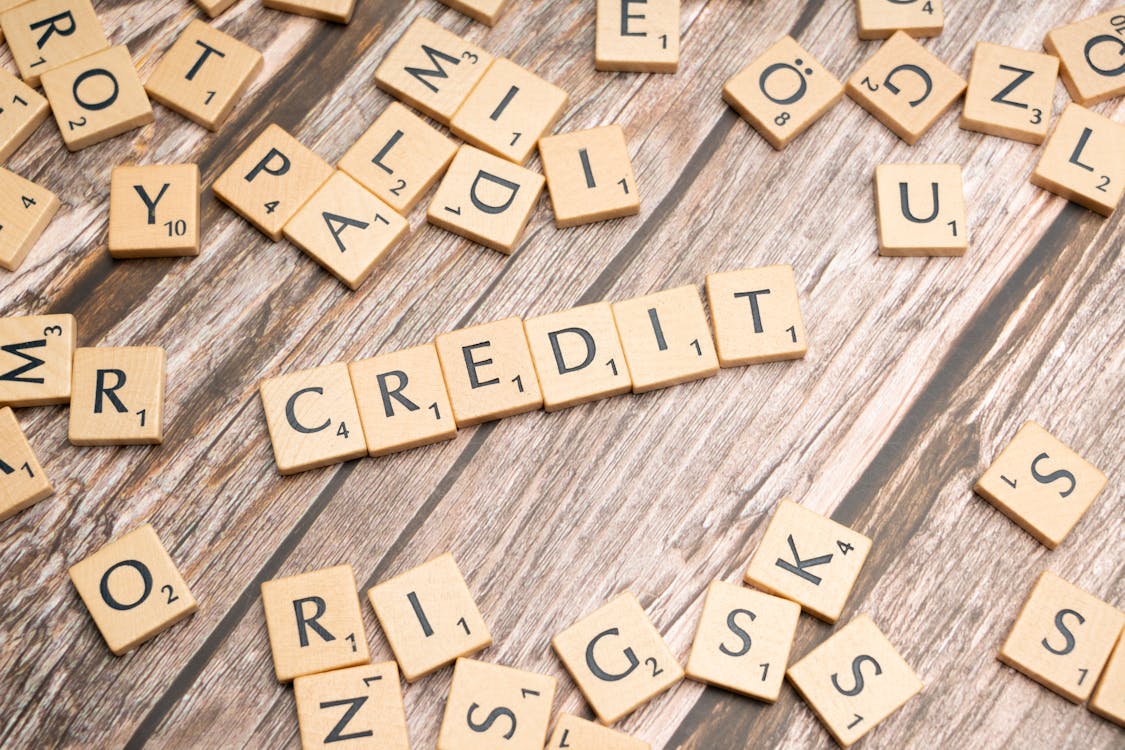
Credit score and bankruptcy are arch-enemies. The moment you file bankruptcy as per the federal bankruptcy code, your FICO score drops. This is what you hear from your friends and family. But is that true? Let’s find out today.
What is the link between bankruptcy and credit score?
When you file for bankruptcy, it means you are surrendering yourself. When you file Chapter 7 bankruptcy, you declare your incapability to pay off debt to the three major credit bureaus, implying you are financially irresponsible.
The credit scoring models penalize you for it. The bankruptcy court arranges to sell your nonexempt assets to repay your creditors. This leaves a wrong impression on your creditors as everything is out of their hands. They have to accept whatever the court decides.
A Chapter 7 bankruptcy may lead to a drop in credit score by over 200 points. But there is no hard and fast rule that your credit score will fall by so many points just because you have filed for bankruptcy. Your score might already have fallen due to past-due accounts.
What about Chapter 13 bankruptcy?
Prepare to see your score fall if you file for bankruptcy knowing it. With an average score of 680, a full bankruptcy discharge would result in a 130–150 point loss. Someone with a 780 Fico score over average would drop anywhere from 200 to 240 points. Both individuals would ultimately be labeled risky borrowers, making getting loans or unsecured credit challenging or impossible.
Conversely, if your score is already in the 400s or 500s when you file, the bankruptcy filing will likely raise it. After filing for bankruptcy, people with credit scores in this area have seen increases of up to 50 points. What’s the reason behind this?
Well, here is where the credit utilization ratio comes in. When you pay off debt, your credit utilization ratio comes down. This helps to pull up your credit score. Instances are there when your credit utilization ratio may become zero, which is the ideal figure. Once you reach that figure, your credit score goes up automatically.
How will bankruptcy appear on your credit reports?
You probably had a credit card, hospital, and other bills that were hard to pay before you filed for bankruptcy. These accounts will appear on your credit record even seven years after filing for bankruptcy.
It is possible to report bills as “discharged” or “included in bankruptcy” with a zero value after they have been discharged in bankruptcy. They will still appear on your credit reports even though you owe them no money. Lenders may see this note when they check your entire credit history and reports if you ask for credit, and they may turn you down.
But here’s the good news: accounts part of a bankruptcy filing will no longer be marked as “unpaid” or “past due,” so you may feel better without worrying about money for up to seven years.
Will it be difficult to obtain loans after filing for bankruptcy?
It will be challenging to qualify for loans or credit cards due to a drop in credit score. But it isn’t that you won’t get any loans after filing for bankruptcy. In this case, your relationship status with creditors plays a significant role.
You may qualify for credit cards if you have a good relationship with your creditors. Maybe they won’t offer the best interest rate or terms, seeing bankruptcy in your credit report, but you will get loans.
Once you get those credit cards and start making payments on them, your credit scores improve gradually. And with time, the negative impact on your credit score diminishes. Yes, you need to wait for around 1 to 4 years to qualify for FHA, traditional, VA loans.
How to build credit after filing for bankruptcy
There are a few ways to rebuild credit after fulfilling debt obligations through bankruptcy. Here are a few of them.
Your credit report depends on various factors like payment history. You should make monthly payments before the due date whenever you receive bills. If you owe money on something from before you filed for bankruptcy, like a mortgage, make sure you never miss a payment.
If you filed Chapter 13, you must always pay your debt when the court tells you to. Your goal is to build a good payment history comprising 35% of your credit score.
Another way to rebuild credit is to apply for a secured credit card account. Credit card companies will give you a secured card if you put down enough cash to cover the credit limit. If you want a credit card that lets you spend up to $1,000, you must put down $1,000 as a security deposit.
We understand if this seems strange at first, but it makes it easier to pay with cash and will help your credit score if you pay on time.
Conclusion
If you have unsecured credit card debt, contact credit card issuers and negotiate a settlement with them. This will help you avoid the negative effects of bankruptcy filings and repay unsecured debts simultaneously. You can also consult a credit counselor about your other options.
About The Author:
 Lyle Solomon has extensive legal experience, in-depth knowledge, and experience in consumer finance and writing. He has been a member of the California State Bar since 2003. He graduated from the University of the Pacific’s McGeorge School of Law in Sacramento, California, in 1998 and currently works for the Oak View Law Group in California as a principal attorney.
Lyle Solomon has extensive legal experience, in-depth knowledge, and experience in consumer finance and writing. He has been a member of the California State Bar since 2003. He graduated from the University of the Pacific’s McGeorge School of Law in Sacramento, California, in 1998 and currently works for the Oak View Law Group in California as a principal attorney.









